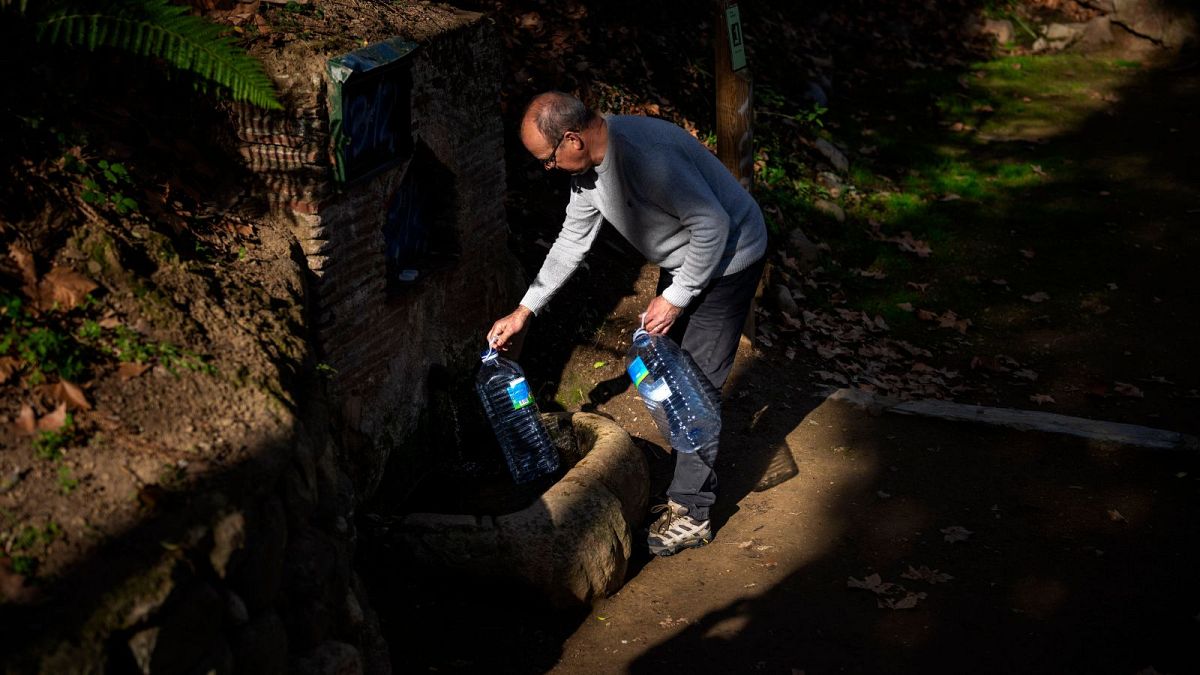

The Mediterranean region, especially countries like Spain, Morocco, and Turkey, is witnessing pronounced impacts of climate change, affecting social, economic, and environmental dynamics. Recent studies suggest these nations serve as indicators, highlighting the urgency for global attention and action in combating drought-induced effects. While some regions face these challenges acutely, their experiences offer insights for broader strategies to mitigate climate impacts worldwide.
In recent climate reports, Europe emerges as the continent experiencing the fastest temperature rises, warming at a rate double that of the global average since the 1980s. This rapid increase has exacerbated conditions that favor the prevalence of wildfires, leading to emergency scenarios in countries such as Greece and Turkey. Firefighters in these regions are currently engaged in strenuous efforts to manage wildfires prompting substantial evacuations, underscoring the immediate need for resilience building and disaster preparedness.
The rising temperatures also have a pronounced effect on labor conditions across Europe. Since 2000, there has been a marked 42% increase in heat-related deaths in the workplace, according to data analyzed by the European Trade Union Confederation. This alarming statistic has spurred renewed calls for protective regulations, aimed at ensuring worker safety during increasingly frequent and severe heatwaves, reflecting a broader need for workplace adaptive strategies in the face of climate change.
Economically, the impacts of climate conditions on Europe are substantial. Countries like Germany, Italy, France, and Spain have reported significant financial losses attributable to climate-related events over the past few decades. As yet another heatwave strikes, the economic repercussions are a stark reminder of the sectoral vulnerabilities within the continent. Targeted economic adaptation measures could play a vital role in reducing future losses and fostering resilient economic structures.
In legal developments, the inter-American Court of Human Rights has emphasized the fundamental right to a stable climate, illustrating the intersection of human rights and environmental stewardship. Its recent ruling mandates that states uphold their obligations to address climate change, recognizing the disproportionate impacts on vulnerable communities. This landmark decision encourages international engagement in fostering climate justice and underscores states’ duties in safeguarding climatic health.
The current state of the global climate challenges reminds us of the interconnectedness of modern societies and the shared responsibility to address climate change proactively. Cooperation and innovation are key in developing comprehensive strategies that address the root causes of climate change while adapting to its present implications. Drawing on the experiences and lessons from nations on the frontline, we can forge a collective path towards a more stable and resilient future for all.
Source: {link}
